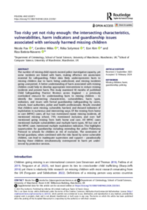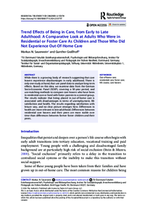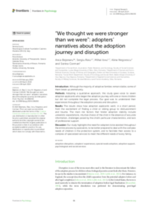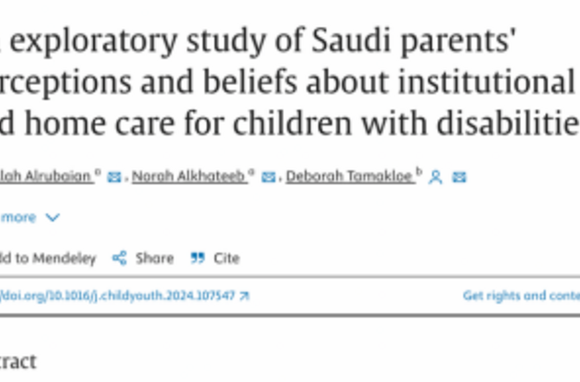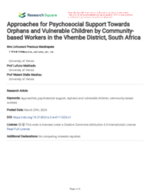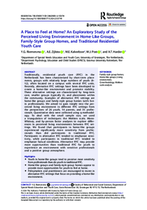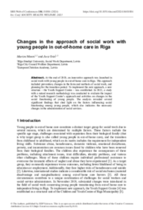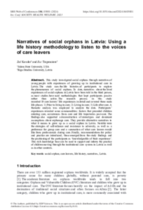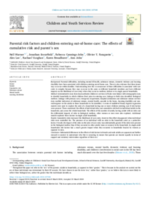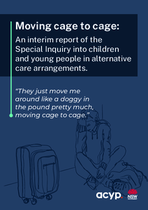Too Risky Yet Not Risky Enough: The Intersecting Characteristics, Vulnerabilities, Harm Indicators and Guardianship Issues Associated With Seriously Harmed Missing Children
This study examined 18 months of published Child Safeguarding Practice Reviews across England to identify the intersecting characteristics, vulnerabilities, harm types, indicators and issues with formal guardianship (safeguarding by carers, schools, local authorities, police and health professionals). Results revealed that children were missing, vulnerable, harmed and showed indicators of exploitation in numerous and intersecting ways.

